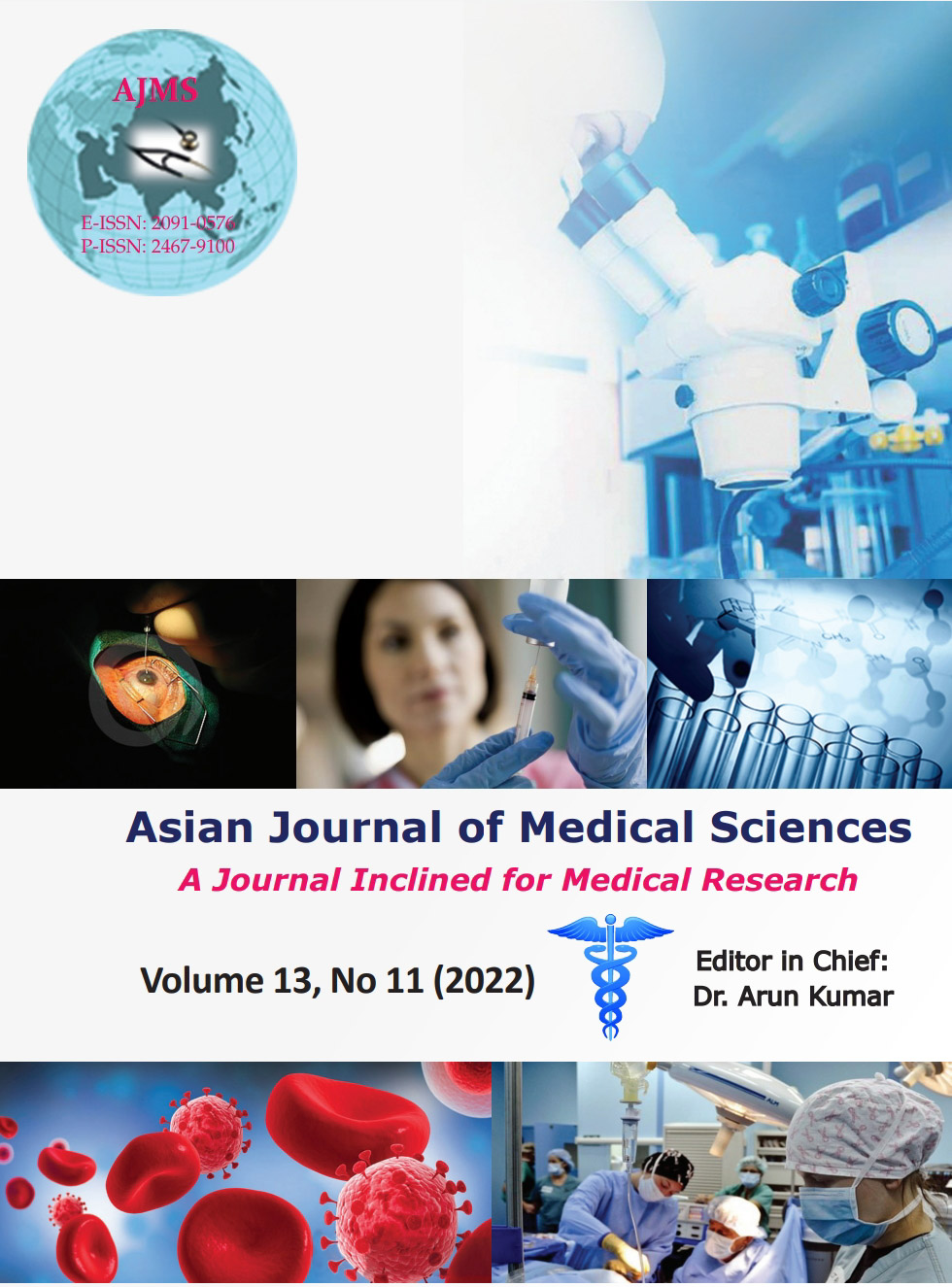Evaluation of drug promotional literatures on angiotensin receptor blockers using World Health Organization criteria
Keywords:
Angiotensin receptor blockers; Appropriateness; Claims; Drug promotional literatureAbstract
Background: Drug promotional literatures (DPLs) are one of the well-known promotional activities of pharmaceutical industries which are sometimes inaccurate as well as of poor educational value. Angiotensin receptor blockers (ARBs) are one of the most commonly used antihypertensives. Therefore, this study was done to estimate the accuracy of DPLs on ARBs as per the World Health Organization (WHO) criteria.
Aims and Objectives: The aims of this study were to estimate the accuracy of DPLs on ARBs as per the WHO and to estimate the DPLs for types of claims and appropriateness of claims.
Materials and Methods: A cross-sectional observational study was carried out for 1 month. All the required information of selected DPLs on ARBs were recorded in a pro forma and were evaluated according to the WHO criteria.
Results: In this study, a total of 20 (twenty) DPLs were evaluated only on ARBs. It was observed that none of the DPLs fulfilled all the WHO criteria. In this study, some DPLs made multiple claims, as much as five per DPL. Claims were, further, analyzed and divided into appropriate and inappropriate. We have observed that 65.96% claims were appropriate and 34.04% claims were inappropriate.
Conclusion: This type of study can contribute to make prescribing practices rational as promotional activities influence the prescribing behavior of the health-care provider.
Downloads
Downloads
Published
How to Cite
Issue
Section
License
Copyright (c) 2022 Asian Journal of Medical Sciences

This work is licensed under a Creative Commons Attribution-NonCommercial 4.0 International License.
Authors who publish with this journal agree to the following terms:
- The journal holds copyright and publishes the work under a Creative Commons CC-BY-NC license that permits use, distribution and reprduction in any medium, provided the original work is properly cited and is not used for commercial purposes. The journal should be recognised as the original publisher of this work.
- Authors are able to enter into separate, additional contractual arrangements for the non-exclusive distribution of the journal's published version of the work (e.g., post it to an institutional repository or publish it in a book), with an acknowledgement of its initial publication in this journal.
- Authors are permitted and encouraged to post their work online (e.g., in institutional repositories or on their website) prior to and during the submission process, as it can lead to productive exchanges, as well as earlier and greater citation of published work (See The Effect of Open Access).




